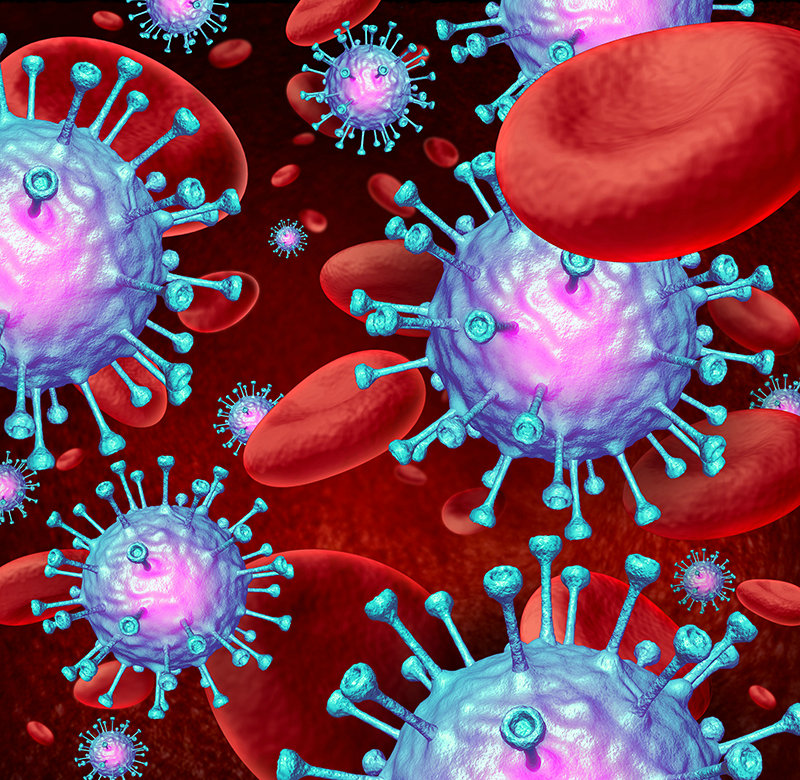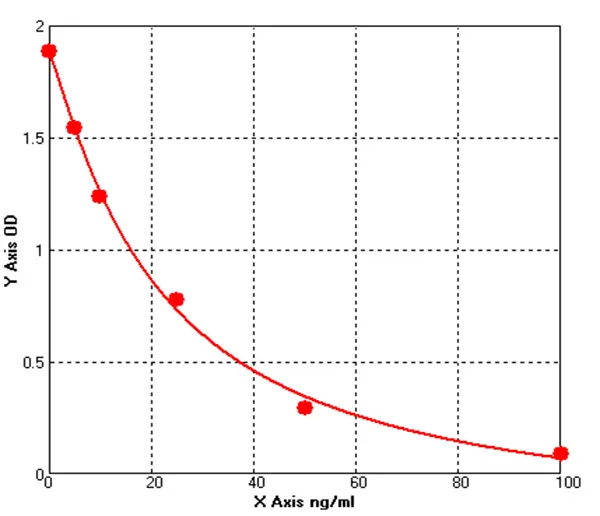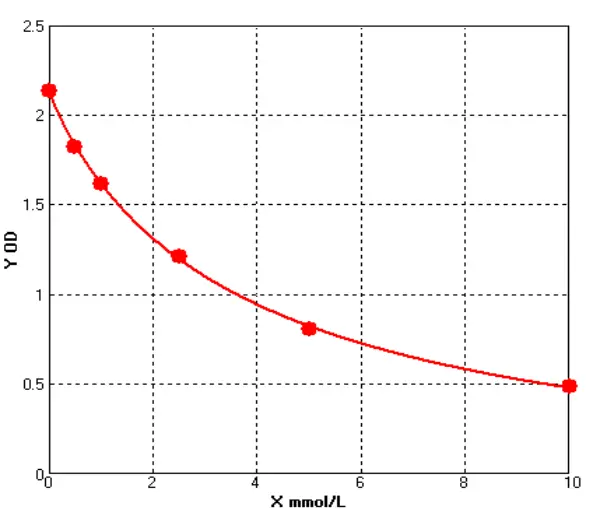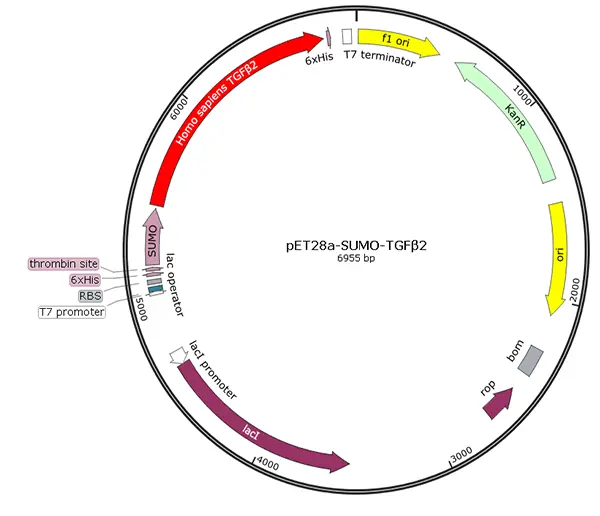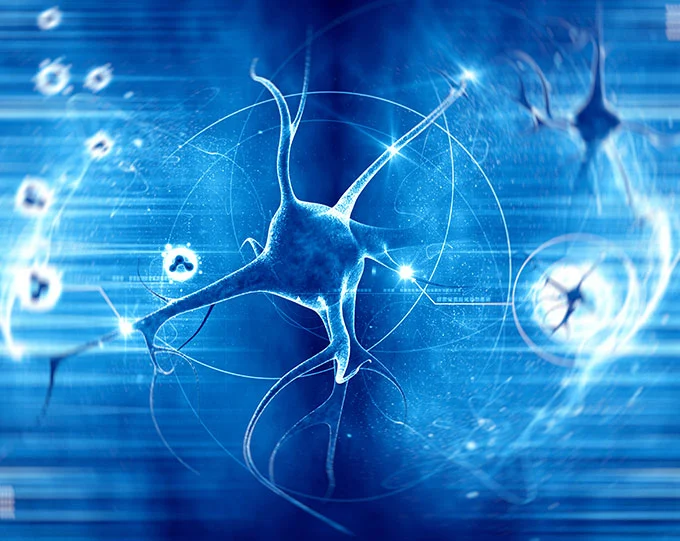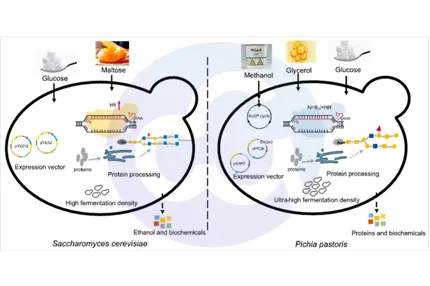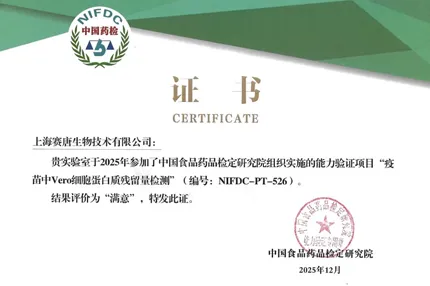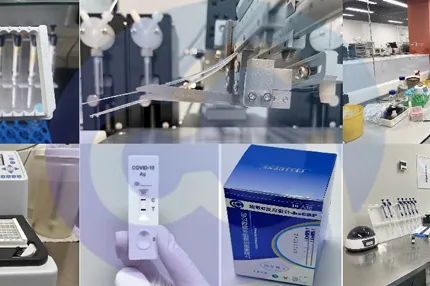-
Host Cell Protein Detection Kits
- CHO Host Cell Protein ELISA Kit
- E. coli Host Cell Protein ELISA Kit
- HEK 293 Host Cell Protein ELISA Kit
- Pichia pastoris Host Cell Protein ELISA Kit
- Ogataea polymorpha Host Cell Protein ELISA Kit, G3
- Saccharomyces cerevisiae Host Cell Protein ELISA Kit, G3
- Spodoptera fugiperda 9 (Sf9) Host Cell Protein ELISA Kit, G3 (Applicable to Sf9 and related cell lines)
- Dilution Buffer
-
Bioprocess lmpurity ELISA Kits
- Human Immunoglobulin G (IgG) ELISA Kit
- Goat Immunoglobulin G (IgG) ELISA Kit
- Human Serum Albumin (HSA) ELISA Kit
- Bovine Serum Albumin (BSA) ELISA Kit
- Dextran Sulfate Salt Detection Kit (Spectrophotometric Method-200 Tests)
- Protein L (PL) ELISA Kit
- Kanamycin (KA) ELISA Kit
- Human Immunoglobulin A (IgA) ELISA Kit
- Human Immunoglobulin M (IgM) ELISA Kit
- Mouse Immunoglobulin G (IgG) ELISA kit
- Bovine Immunoglobulin G (IgG) ELISA kit
- Protein A (PA) ELISA kit-Boiling
- Protein A (PA) ELISA Kit
- Diluent Buffer for Protein L ELISA kit
- Host Cell DNA Residue Detection Kits
- Residual Total RNA Detection Kits (qRT-PCR)
- Antibodies
- Recombinant Proteins
- ELISA Kits
- Cellular Component Protein Library
- Plasmids
- Promotions
-
Yeast Family: Pichia pastoris (GS115) HCP ELISA
1. Application Background:Pichia pastoris is one of the most widely used expression systems for innovative antibody expression in vaccines nowadays. Yeast is extensively applied in modern industry [1]...
Jan.20, 2026Read More > -
Authoritative Certification
Recently, Cellgene Bioscience Co., Ltd. attained another notable achievement. In the Laboratory Proficiency Testing Program for Residual Vero Cell Protein Quantification in Vaccines (Program No.: NIFD...
Dec.23, 2025Read More > -
Building a Quality & Safety Ecosystem for Biopharmaceuticals
1. Background:Quality and safety regulations for Cell and Gene Therapy (CGT) drugs are becoming increasingly globalized, with converging standards across China, the U.S., Europe, and Japan. Major econ...
Dec.19, 2025Read More >
Immunology
The immune response is a physiological process produced by the immune system to eliminate antigens. This process is the comprehensive embodiment of the physiological functions of various parts of the immune system, including a series of physiological reactions such as antigen presentation, lymphocyte activation, immune molecule formation, and immune effect.
Immunity is the capability of the body's immune system to recognize self and foreign antigens and to eliminate antigenic foreign bodies through immune responses to maintain the body's physiological balance. The functions of immunity include immune defense, immune stabilization, and immune surveillance. The immune system is a complex network of specialized cells, tissues, organs of immune function, and nuclear molecules that recognizes self and non-self in any higher animal, elicits immune responses, perform immune effects, and maintain its own stability and is the material basis of the immune mechanism of the body. Immune organs include: central immune organs (such as bone marrow, thymus, and other functional organs), peripheral immune organs (such as lymph nodes, spleen, and mucosa-associated lymphoid tissue, etc.)

